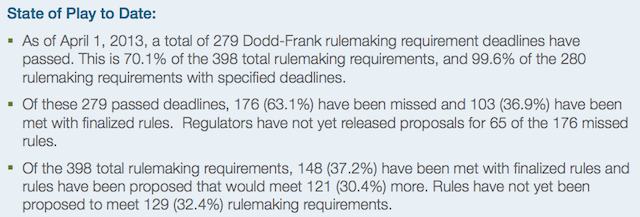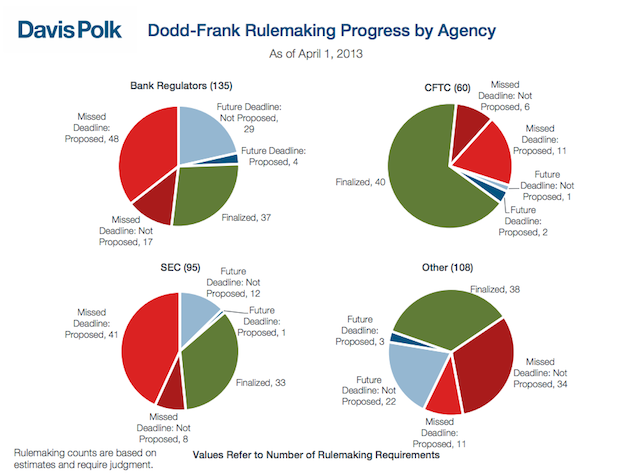[Editor’s Note: The following is an Arnold & Porter LLP Client Advisory, written by Robert E. Holton, Lily J. Lu, D. Grant Vingoe, and Lauren R. Bittman.]
SEC official reminds private funds, including contacts private equity funds, that certain fund-raising and marketing activities and fees for “investment banking activities” require broker-dealer registration.
On April 5, 2013, David Blass, Chief Counsel of the Division of Trading and Markets of the Securities and Exchange Commission (SEC), spoke before the Trading and Markets Subcommittee of the American Bar Association on broker-dealer registration issues that arise in the private funds context. In his remarks, Mr. Blass warned that acting as an unregistered broker-dealer is a violation of the Securities Exchange Act of 1934, as amended (the Exchange Act), and can have serious consequences, including sanctions by the SEC and rescission rights, even when no other wrong-doing is found. Mr. Blass also noted that the SEC staff has increased its attention to the issue of broker-dealer registration, and he reminded the audience that compliance by private fund advisers with the requirements of the Investment Advisers Act of 1940, as amended, is not enough. In light of the significant consequences of acting as an unregistered broker-dealer and the SEC staff’s increased attention to this issue and the private fund space in general, private fund advisers should review their fund-raising and marketing activities, policies and procedures and contracts and arrangements with portfolio companies and solicitors to ensure compliance.
Click here to read the entire Arnold & Porter Advisory.

